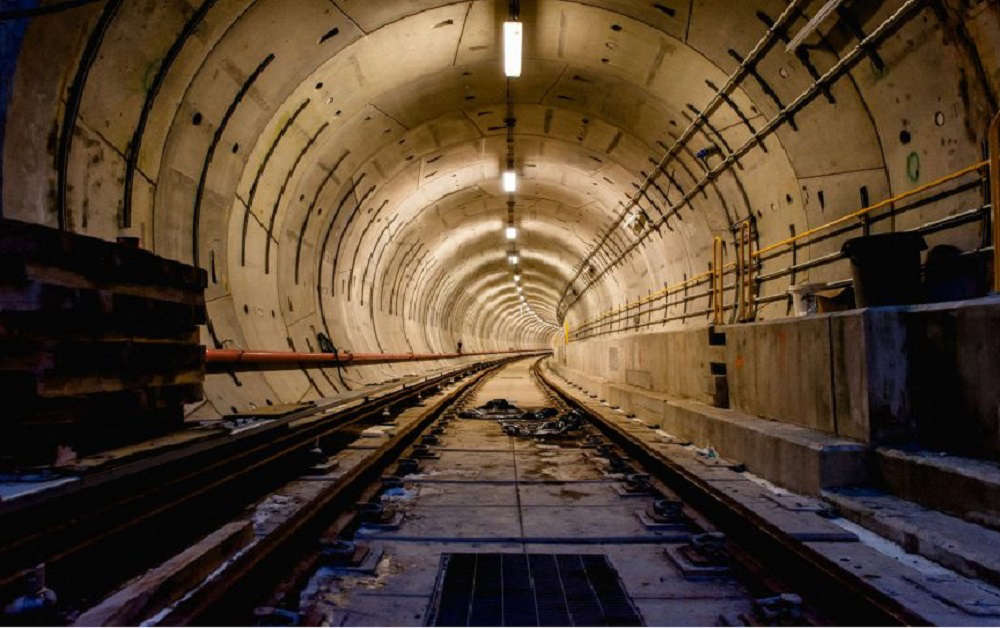
The Bill, announced as part of the King’s Speech in July 2024, is designed to fast-track major infrastructure projects deemed to be of national significance
The Government has announced several significant amendments to the Planning and Infrastructure Bill, further streamlining the planning process.
They include reducing the consultation length, stripping uncooperative councils of the right to make certain decisions, and paring back the impact and ability to raise legal disputes.
Richard Beresford, chief executive of the National Federation of Builders said: “Planning reform was never going to be a quick endeavour because our sclerotic, siloed system needs careful analysis to unpick and understand.
“The government should be commended for recognising this and taking a proactive approach to the Planning and Infrastructure Bill because it will be an integral piece of legislation in ensuring all projects can be delivered more quickly.”
Proposed amendments to the Planning and Infrastructure Bill include:
- Changes to ‘holding directions’ – which stop local planning authorities from considering an application – can now be issued by ministers while they decide whether to ‘call-in’ the application. Previously, they could only do this when a council was set to approve it.
- Enabling non-water companies to build reservoirs, with all such developments considered ‘nationally significant infrastructure projects’.
- Allowing Natural England to decline requests from local authorities to comment on nature-related planning applications. At present, it must reply to all requests, even ones it believes are irrelevant.
- Automatic extensions of the time for implementing planning permission where it is challenged in legal proceedings.
- Cutting back legal challenges for major infrastructure projects from three to one and slashing a year off the statutory pre-consultation period.
The Bill, announced as part of the King’s Speech in July 2024, is designed to fast-track major infrastructure projects deemed to be of national significance, facilitate grid connections and pylon construction, and give local authorities greater compulsory purchase and planning fee-setting power.
The Government believes these new tweaks will remove barriers to its plans for economic growth and fulfil its 1.5 million home target by the end of the Parliament.




 JTL holds Apprentice of the Year Assessment Day
JTL holds Apprentice of the Year Assessment Day
 AUDIO NEWS: Contractors warned about fake CSCS card checks and Charlie Mullins warns of AI bloodbath
AUDIO NEWS: Contractors warned about fake CSCS card checks and Charlie Mullins warns of AI bloodbath
 Construction workplace illnesses hit 28,000 annually
Construction workplace illnesses hit 28,000 annually
 Fall in R&M building work signals a tough year for builders: FMB
Fall in R&M building work signals a tough year for builders: FMB




